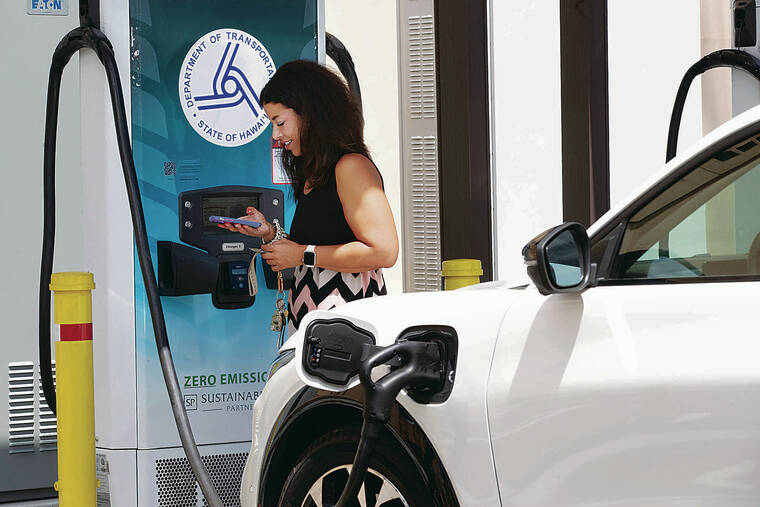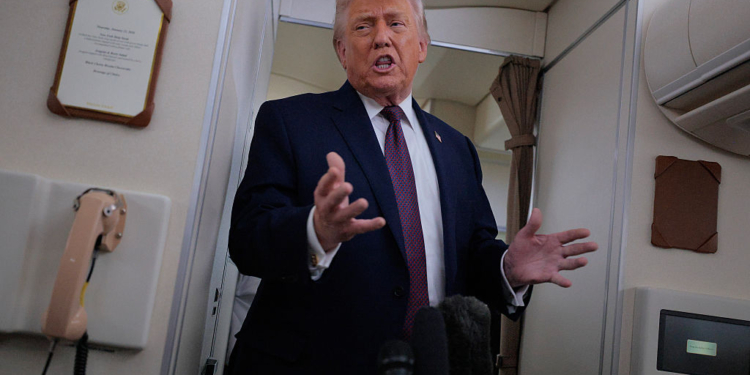
Hawaii faces significant challenges in electric vehicle (EV) adoption following the recent federal reduction of tax credits and incentives. The Trump administration’s shift towards pro-oil policies has raised concerns among consumers and environmental advocates in the island state. The removal of federal support threatens not just the local economy but also the fragile environment, as Hawaii is particularly vulnerable to fluctuations in energy costs and pollution levels.
Despite these setbacks, the transition to EVs in Hawaii is essential. The state has made considerable strides in recent years and should continue to embrace this momentum. With approximately 12% of all new EVs sold in the United States in 2024, Hawaii’s adoption rate is impressive, especially given its size. Notably, it achieved the highest rate of EV adoption among states without strict emissions laws or specific incentives.
Several factors contribute to Hawaii’s strong EV market. High gasoline prices, a significant reliance on solar energy, and a growing public awareness of the environmental impacts of fossil fuels have all played a role. Going electric not only reduces fuel and maintenance costs but also supports cleaner air and the preservation of local ecosystems.
As of September 30, 2025, the federal government will discontinue a tax credit of up to $7,500 for eligible EV purchases. This policy shift also ends the federal provision that allowed EVs to access high-occupancy vehicle (HOV) lanes, a privilege that many individual drivers have enjoyed. Nevertheless, many Hawaii residents are already purchasing EVs, with sales spiking in anticipation of the impending changes.
Registered EVs in Hawaii rose to 38,100 by July 2025, reflecting a 16% increase compared to the previous year. This growth demonstrates a robust interest in electric vehicles, even among those who choose models that do not qualify for tax credits.
Hawaii has a vested interest in maintaining its EV adoption momentum. In 2015, the state Legislature became the first in the United States to mandate that 100% of its energy come from renewable sources by 2045. Additionally, the state committed to decarbonizing its transportation sector through a settlement in the case of Navahine v. Hawaii Department of Transportation in 2024.
To support the continued growth of EV adoption, the Hawaii Department of Transportation (HDOT) and the Hawaii Electric Vehicle Association are collaborating to expand charging infrastructure statewide. As part of this effort, 20 new electric charging stations were unveiled at the Honolulu airport. Ed Sniffen, Director of HDOT, emphasized the importance of investing in charging infrastructure, stating, “It’s important that we continue to invest in charging infrastructure that supports the electrification of our transportation system.”
While federal regulations will limit HOV lane access for EVs, HDOT is prepared to reinstate favorable regulations if circumstances change. The state should consider additional incentives to encourage EV adoption, including targeted tax credits or alternative measures like preferred parking for electric vehicles.
Awareness initiatives are also crucial for promoting EV usage. National Drive Electric Month is set to run from September 12 to October 12, featuring events across the state organized by Hawaii EV. These efforts aim to engage the community and foster enthusiasm for electric vehicles, reinforcing Hawaii’s commitment to a sustainable transportation future.
As Hawaii navigates these challenges, the need for innovative solutions and proactive measures will be vital in maintaining its leadership in electric vehicle adoption.





